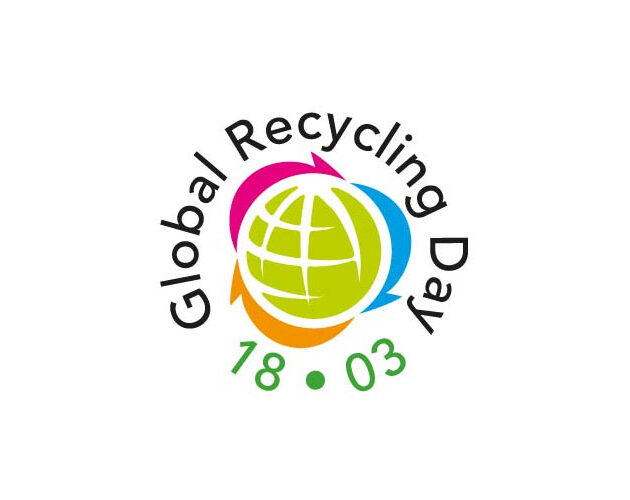
Joe Penhaul Smith and his sibling Sam Penhaul share a deep enthusiasm for sailing. ‘We both spent our childhood near the local sailing club,’ says Penhaul Smith, who still enjoys sailing in his leisure time. ‘Sam is the expert sailor and has been involved [in boat construction] for numerous elite maritime teams.’
As co-founders of Sustainable Extricko, the brothers are striving to make their beloved sport more environmentally friendly by recycling the composite textile materials commonly utilized in sailing.
‘Sam returned from Auckland [New Zealand] at the conclusion of the 2021 America’s Cup [sailing event] feeling rather disheartened,’ states Penhaul Smith. He clarifies that the team invested substantial sums in high-quality materials, only to use them a couple of times before discarding them. ‘So much time, effort, and energy goes into crafting these remarkable pieces of chemistry, only for them to end up in a landfill.’
Carbon and glass fibers significantly lessen the overall material weight without sacrificing strength, making them a favored option in technical fields where even minor variations can affect efficiency. The addition of resins fortifies the material by adhering the fibers together.
Once these materials are no longer useful, their intertwined components can be extremely challenging to separate, resulting in recycling rates for composite materials dropping below 1%. Penhaul Smith describes that existing recycling techniques involve either pyrolysis – heating the materials in a controlled environment to decompose them – or solvolysis – dissolving the materials in heated solvents. These environmentally damaging and energy-heavy processes can deteriorate the fibers, lead to resin material loss, and create vast quantities of solvent waste.
Sustainable Extricko employs a different technique known as pressolysis – which utilizes superheated steam and pressure – to disassemble components. ‘Water is quite effective at interacting with the relatively weak links that hold the fibers and resin together,’ states Penhaul Smith. Adjusting the temperature and pressure can enhance overall efficiency and decrease the energy required to operate the system.
Post-treatment, non-biodegradable materials, such as carbon or glass fibers, are prepared for reuse, assuming proper processing. ‘[Extracting] the resins poses the challenge, as you’re left with an aqueous solution of intriguing organic chemistry,’ notes Penhaul Smith, who elaborates that additional separation leverages varying physical traits of the monomers, including boiling point, density, and reactions to differing pH levels. This incorporates a mixture of established technologies and innovative approaches formulated by the team.
B&M Longworth initially created pressolysis in 2004 and is presently providing Sustainable Extricko with the machinery needed for pilot-scale composite material recycling. ‘What we are fundamentally doing is altering the foundational design [of the equipment], allowing us to avoid dependence on a steam boiler, especially industrial steam boilers that rely on gas [for heating],’ says Penhaul Smith. The modified technology also functions without detrimental organic solvents.
Currently, the brothers have trialed their method using standalone batch systems, varying from 14 to 600 liters, and they can process approximately 2 tonnes of composite materials annually. ‘It’s a small contribution, but it’s two tonnes more than many other organizations,’ states Penhaul Smith. Although they are initially focusing on the sailing sector, other industries that use composite materials – including aerospace, renewable energy, and fashion – are primed for this technology’s adoption.
Current initiatives are centered around reengineering the system to fit within a modular container unit. By converting waste into reusable materials at the source, the brothers are confident that this strategy will diminish transport expenses, cut emissions, and streamline the recycling process. Penhaul Smith mentions that the firm is acquiring funding to start creating prototypes of these container systems, ‘aiming to collaborate with customers within the next couple of years.’
Sustainable Extricko is committed to ‘recycling what has historically been deemed unrecyclable’. ‘There are roughly 100,000 tonnes of composite waste [in the UK] … and as the EU imposes stricter regulations on composite utilization, there’s a favorable expansion pathway into Europe,’ shares Penhaul Smith.
**Sustainable Extricko**
– Founded: 2021
– Location: Derbyshire, UK
– Employees: 2
– Origin: Independent start-up
– Financials: £500,000 raised in funding to date